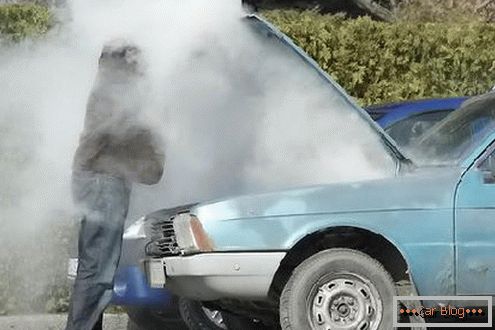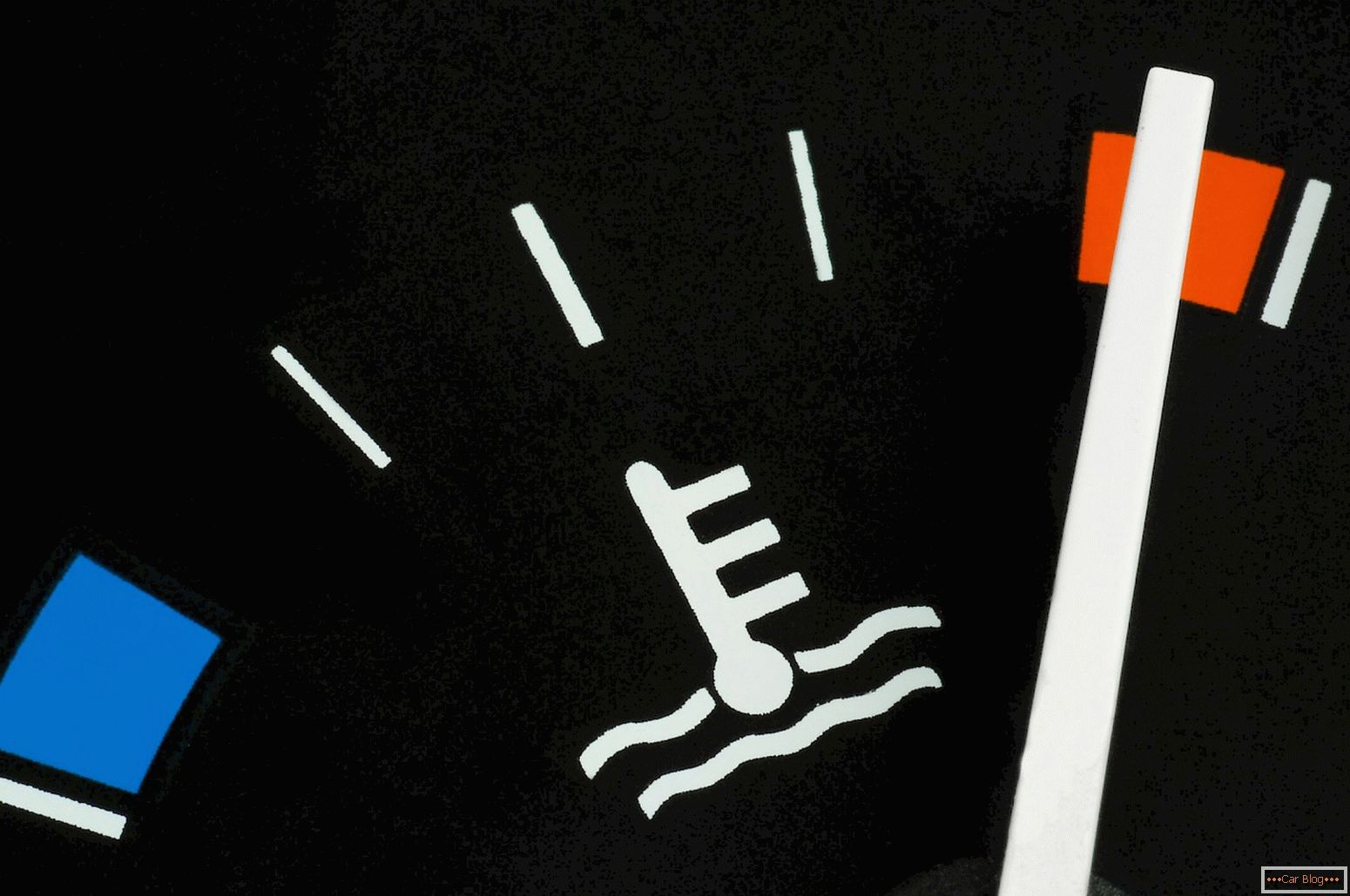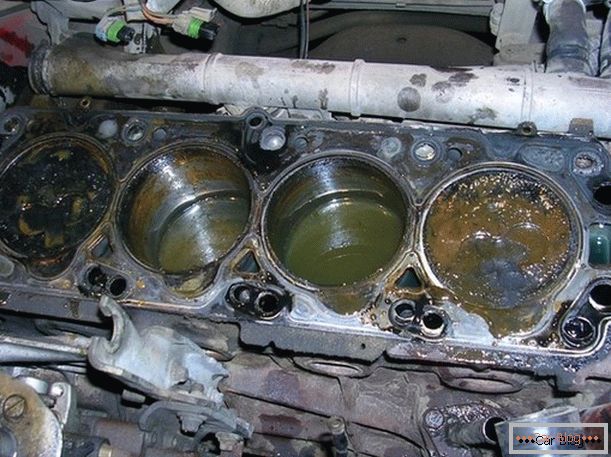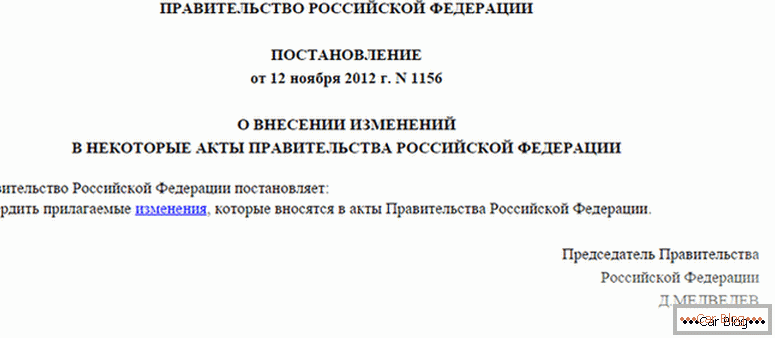Serious consequences can lead to overheating of the engine, the elimination of which would entail large costs when visiting a specialized service for car repair. It is enough to follow small rules, and this problem will bypass you. You just need to monitor the state of the engine, coolant level and temperature sensors.

Why the engine overheats
Absolutely all the metal parts of the engine are quite sensitive to rising temperatures. When heated, the metal expands and loses its original size. With moderate heating, the metal lattice gradually returns to its original state. And already with a strong overheating, the deformation and destruction of the crystal lattice occurs, which entails a change in the shape of the parts of the car engine. The first to suffer from overheating are the pistons, the cylinder block and the cylinder head.
External causes of engine overheating
• Antifreeze leakage (antifreeze). The lack of a cooler removes the motor from its normal operating condition. In case of internal leakage, antifreeze enters the crankcase and, as a rule, dilutes engine oil. This is more likely to lead to a failure of the exact work of the calendar and to the water hammer. Damage to rubber gaskets, hoses and seals - this is the cause of leakage of antifreeze into the crankcase.
• Thermostat malfunction. Accumulated deposits in the thermostat often disable it. As a result, the movable element is broken, the circulation goes wrong, which leads to overheating of the power unit.
• Contaminated radiator. Over time, dirt, dust and insects accumulate on the radiator fins. This leads to inadequate blowing of the engine. Also, the fan can fail.
See also: Cleaning the carburetor with your own hands• Increased load on the engine. When towing another car or when it goes uphill, the engine does not receive sufficient cooling, and therefore boils.
• Malfunction of ignition or fuel injection. This happens when the factory settings fail. The consequence is a critical increase in the temperature of the exhaust gases. As a result of overheating, the heated cylinder head causes the coolant to boil.
Internal causes of engine overheating
Internal overheating of the internal combustion engine compared to the external one is almost impossible to notice. Car owners can only repair the engine after such a breakdown.
• Formation of soot in combustion chambers. Worn cylinders entail a large consumption of oil, which simply does not have time to burn one hundred percent, leaving deposits in the form of soot on the cavities. From the exhaust pipe with this problem begins to appear gray smoke.
• Deposition of mineral salts in the cooling system. In this case, the quality of the cooler is reduced, which leads to insufficient heat dissipation.
• Due to the additives in the engine oil, the thermal conductivity of the cylinders is reduced. Some additives can form a cermet layer on the cylinders, which acts as a heat insulator.
Signs of engine overheating
One of the first signs of overheating is the critical reading of the coolant temperature sensor (120-130 degrees Celsius). External indications include:
• The appearance of steam from under the hood;
See also: Fuel filter on Chevrolet Lacetti• Reduced engine power;
• Metal knock engine.
When these signs appear, it is necessary to immediately stop, let the engine cool down, and only then open the hood, and identify faults. It is not always possible to solve this problem on your own. Look first at the level of the coolant, if necessary, add it to the expansion tank and see if the cooling system sections are depressurized.
How to protect the motor from overheating
To prevent the motor from overheating means to allow it to exist for many years. Follow the rules of the car. Have a reasonable driving style, change the worn parts of the power unit in a timely manner, and follow the constant, established levels of fluid in the expansion tank.
Consequences of engine overheating
If overheating of the engine was caused by leakage of the cooler, and the motor was not subjected to prolonged loads at a critical temperature, then the problem can be easily resolved. If you continue to move a long distance on an overheated engine, be prepared to replace the parts of the cylinder-piston unit. Namely, these problems can easily appear:
• Depressurization of the combustion chamber;
• Failure of the cylinder head;
• Melting of the pistons;
• Curvature or fracture of the crankshaft.



